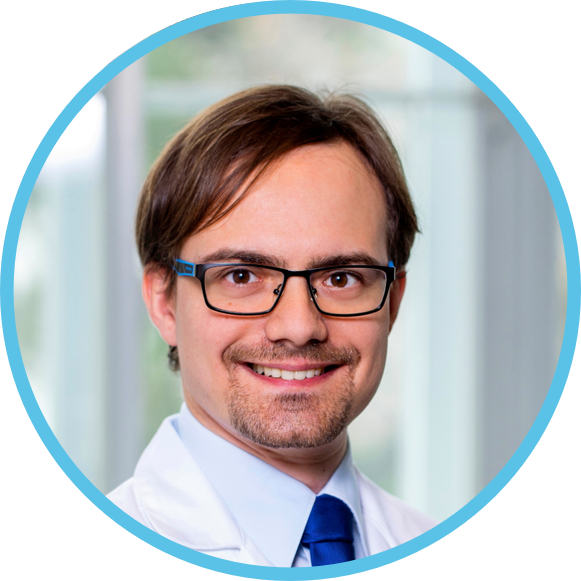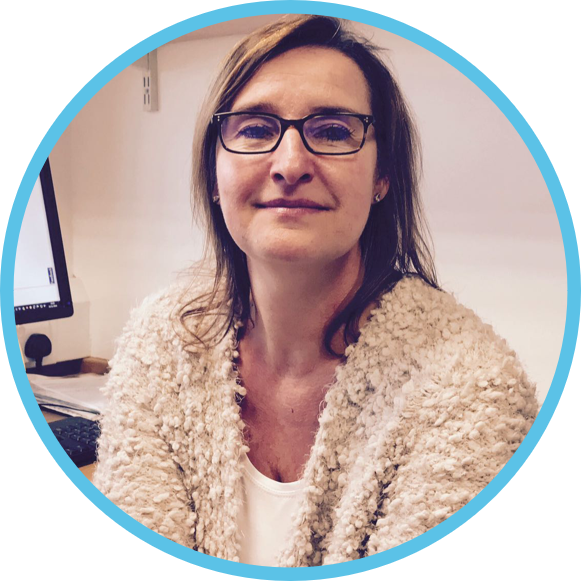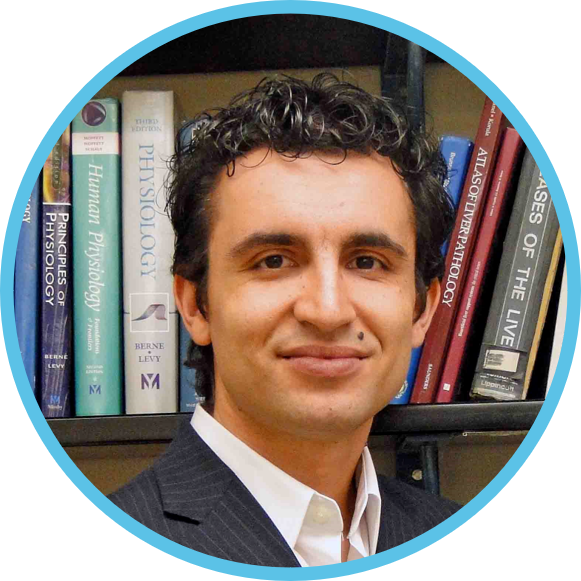Description
Reduce, Refine, Replace. Developed over 50 years ago, the 3Rs provide a framework that urges researchers to think carefully about methods used to investigate scientific questions. In this episode of EASL Studio, we took a closer look at the third R, Replace. With the World Day for Laboratory Animals fast approaching, we discussed how to propel liver cell biology into the third dimension.
- What are the advantages of 3D cultures?
- Can liver cell types be studied in representative manner using 3D cultures?
- More importantly, which part of animal research can be replaced by 3D cell culture experiments?
This and more in EASL Studio: YI Choice.







